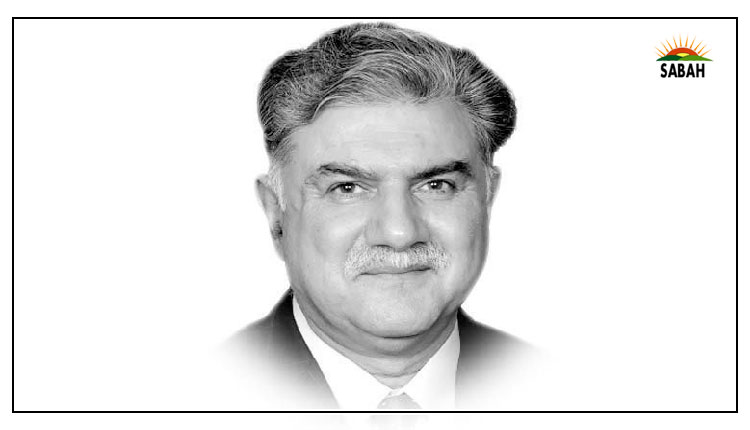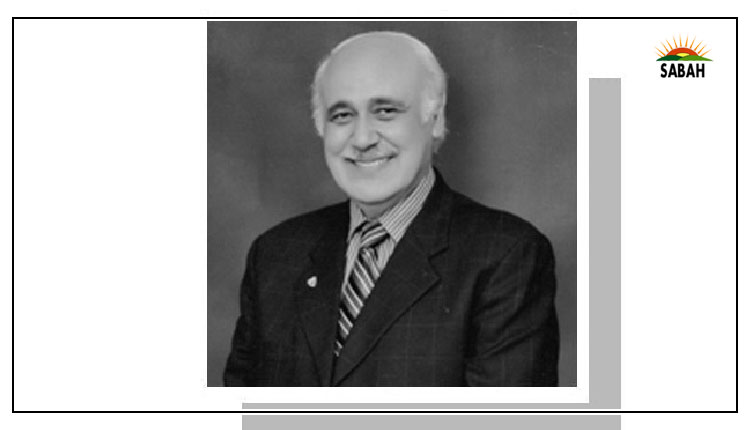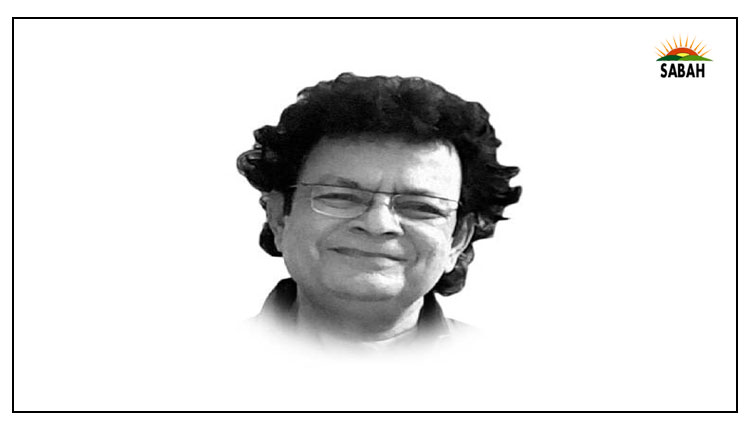We are our own killers…Aftab Ahmed Khanzada
Human history cannot be divided into ancient, medieval and modern periods. This division of history was created by medieval thinkers. According to Karl Marx, human history can be divided into hunter, agriculture and industrial eras. All the great events that have happened in human history are not political, but economic.
The agriculture revolution and the industrial revolution are the most important and great events of history and not the battle of marathon, the assassination of Julius Caesar or the French Revolution. Its because the first revolution changed the system of life from hunter to agrarian and the second one replaced cottage industries with factory industries.
It is the economic conditions that are the cause of the rise and fall of states. Political, moral and social conditions have nothing to do with them. Immorality, corruption and luxuriousness are not the causes, but the results.
At the bottom of everything, there is nature at work. Egypt became famous for its iron, ancient Britain for its tin and modern Britain for its iron and coal. When the silver mines of ancient Athens went empty, it lost its power. Macedonian gold strengthened the hands of King Philip II, and Alexander. The ancient Rome fought a war with Carthage for Hispania Silver mines. Magnificent idol houses were built in ancient Athens thanks to stolen gold, but it used to import food. As soon as Sparta besieged it, the people of Athens began to starve and were forced to surrender. After that this great city could not be handled.
In Greece, enslavement of (male) labourers halted progress and development, and that of women eliminated healthy love. Thus men began to love each other and have sex and that influenced Greek idol houses. The methods of production of material things affect the collective political and spiritual welfare of life. The consciousness of people does not cause their existence, their collective existence creates their consciousness.
Human understand that he has derived his ideas, his philosophy, his moral concepts and religious beliefs, his artistic consciousness and logic from impartial reasoning. He does not know how the economic conditions of his life have affected his thoughts and other things.
In the past, the power of the church was based on the physical and spiritual poverty of oppressed people who were hungry for spiritual peace and hope. It depended on the ignorance and superstition of the people which are the inevitable result of poverty.
Political power comes after economic power. There is no place for moral strength and values in history. It is the economy that forms the basis of aspirations of nations and groups, as Otto Von Bismarck said: Morals are of no importance in the interrelationship of nations and the status of a man is only a tool, and great personalities are a means of expression of the public movements or the impersonal forces.
Civilisation has passed through three stages. The first stage was horror in which there were no thoughts, only emotions. The second stage was barbarism, in which creative knowledge created the epic eras of Homer, Thales of Miletus, Pythagoras, Protagoras, Socrates, Plato, Epicurus and others. The third stage was civilisation, in which science, law and the state were born.
According to Giambattista Vico, barbarism creates chieftains who later become noble classes. Noble classes persecution lead to revolution and then democracy is born; and then due to the anarchy of democracy, barbarism returns.
When Dante Alighieri wanted to imagery a picture of hell, the material for it was provided by troubles of our world and he came up with a very good imagery of hell. But when he wanted to draw heaven, he ran into unimaginable difficulties because there was nothing in our world that could give colour to the creative picture of heaven.
The real cause of all our problems is also not political or social but economic. We have never understood this simple fact; and today, when we stand on the brink of bankruptcy, we are still not ready to understand it. We are concerned with the consequences of the disease rather than the disease itself. We are our own killers. Gottfried Wilhelm Leibniz says: The justification for the evildoing of the world is that sometimes good is born from evildoing.
Courtesy The Express Tribune












